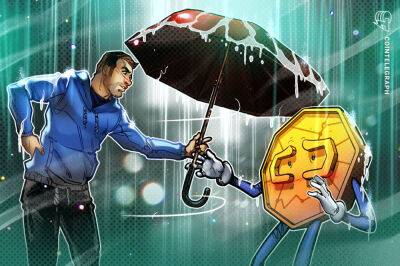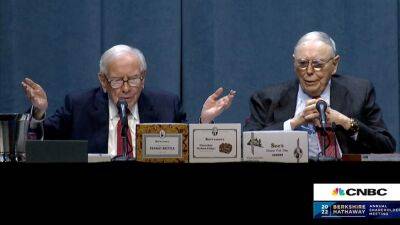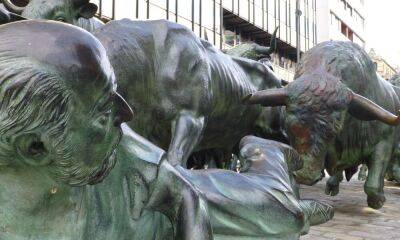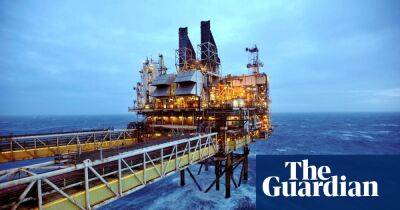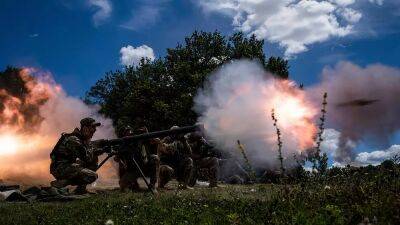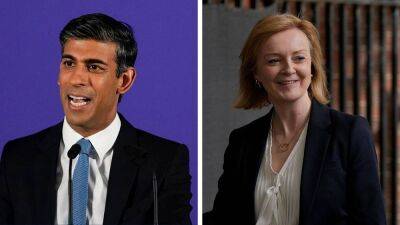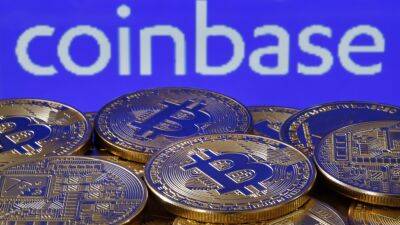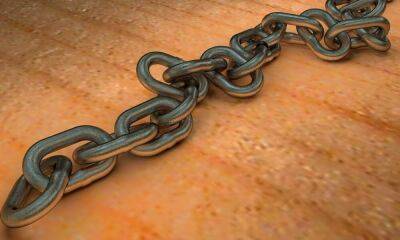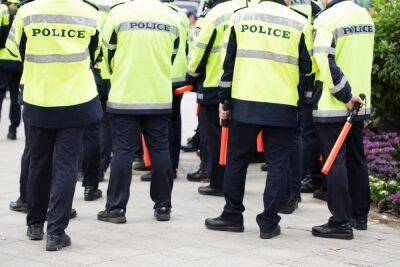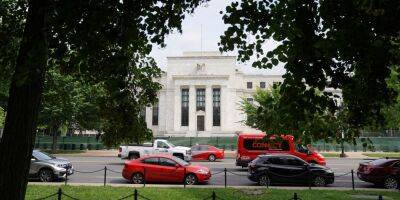Without a proper plan, stagflation will be the least of Britain’s problems
Inflation is back with a vengeance. The cost of living has not been rising this fast since the Falklands war. Prices are climbing faster than wages. In every respect bar one, this is clearly bad news. The best that Britain can hope for in the months ahead is a period of stagflation: weak growth and rapidly rising prices. If things get really bad, we could be on course for an “incession” – high inflation combined with a recession. Either way, the outlook is grim, especially for those on the lowest incomes, who spend most on energy and food, for which price increases are heftiest.
The one consolation is that high inflation acts as a national wake-up call. Or at least it should do. For far too long, the UK has drifted along convinced that all is well because cheap imports from China are keeping inflation low and rock-bottom interest rates are fuelling a house-price boom. It would be nice to think we have finally woken up to reality. But that in itself is an illusion. Just as in the 1970s, the economy’s structural weaknesses have been exposed by a period when prices are hurtling upwards.
Many of the problems are the same as they were five decades ago: low levels of investment, poor productivity, a lack of international competitiveness and exports failing to keep up with imports. Depressingly, and unlike in the 1970s, nobody appears to have the first idea of how to go about solving them.
In the 1980s the radical right, led by Margaret Thatcher, and the radical left, led by Tony Benn, agreed on one thing: Britain had serious underlying failings that had been left unattended. Both politicians had an alternative strategy to the prevailing political consensus, which was to muddle through in the hope that North Sea oil would
Read more on theguardian.com


